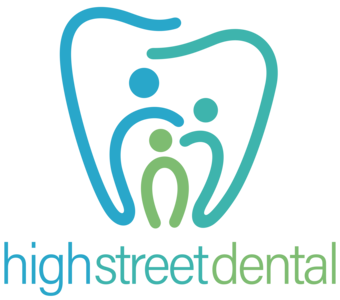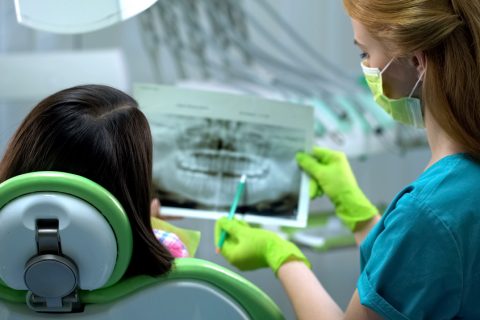In its early and reversible stages, gum disease is known as gingivitis, which is an infection that is the result of plaque build-up on and around the teeth. This colourless, sticky film also contains bacteria, which produce toxins. As a result, these contaminants can irritate the gums, resulting in the tissue becoming swollen and tender.
If left untreated in its early stages, gingivitis can advance to a more severe and damaging type of gum disease known as periodontitis. Considered a serious gum infection, this disease is marked by the inflammation of the gums and deeper periodontal structures. Because tooth loss may result, immediate treatment is required.
You might find it interesting to know your gum tissue is not attached to your teeth as high as it may seem—there is a very shallow v-shape crevice called a sulcus between the tooth and gums. Periodontal disease attacks just below the gum line in the sulcus, where they cause the attachment of the tooth and its supporting tissue to break down. As the tissues are damaged, the sulcus develops into a pocket. Generally, the more severe the disease, the greater the depth of the pocket.
What are the signs and symptoms of periodontal disease?
Many early warning signs may help you determine if you have gum disease, these include:
> Inflamed and irritated gums that bleed easily during brushing.
> An unpleasant taste in your mouth or chronic bad breath.
> Teeth which have become loose or are changing position.
> Experiencing pain and discomfort while eating.
How does your dentist treat periodontal disease?
Our experienced dentists can help prevent and treat periodontal disease. During your routine exam, scale and clean appointment, we can look for signs of gingivitis or periodontitis. It is essential that you come in twice a year for regular dental check-ups so you can avoid the build-up of calculus or tartar which accumulates when plaque is left on the teeth for a lengthy period.
Can I prevent periodontal disease?
Yes, it all comes down to taking care of your teeth by visiting your dentist at least twice yearly and practising good oral hygiene at home. This includes brushing twice daily and flossing minimum once daily. You should also use a fluoride-containing toothpaste to help protect your teeth against cavities, and if you need extra help controlling the plaque please speak to one of our dentists who may recommend using an ADA accepted antimicrobial mouth rinse or other oral hygiene aids in addition to your daily routine.
Or contact us by filling out the form below

![02_Periodontal Disease 1 [Converted]](https://highstdental.com.au/wp-content/uploads/2018/10/02_Periodontal-Disease-1-Converted-e1661182948197-480x320.png)
